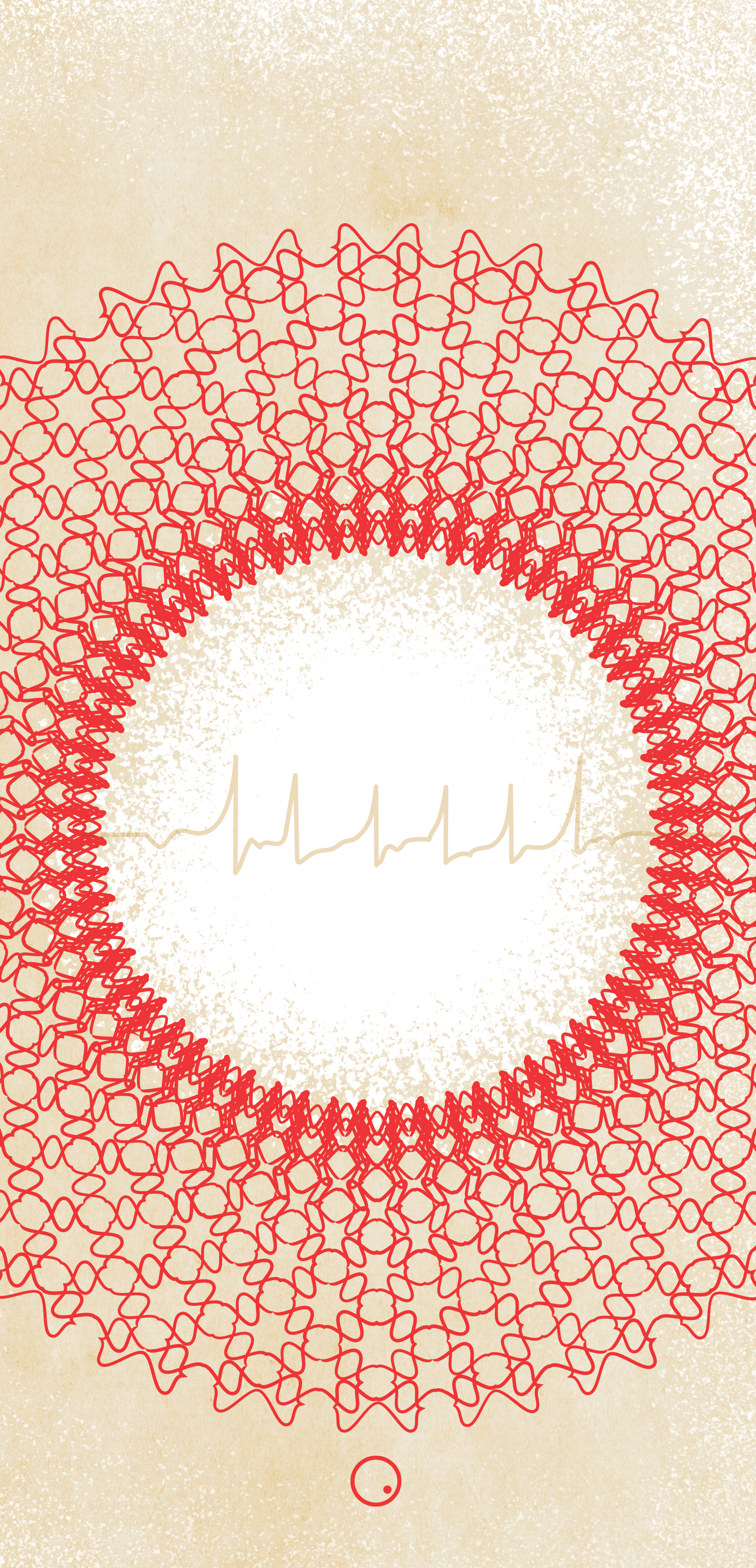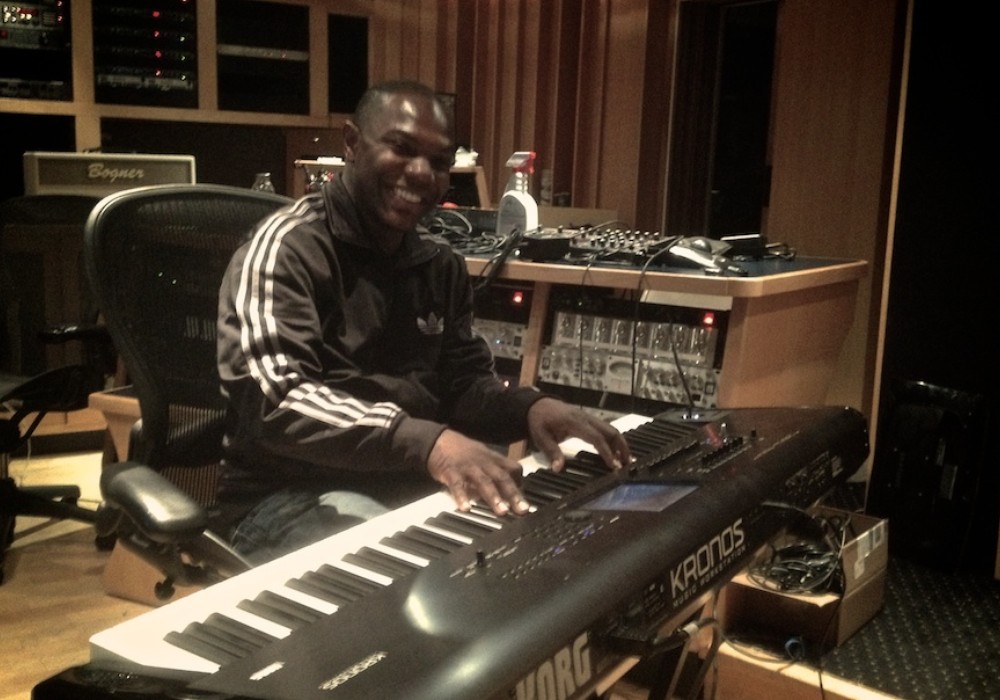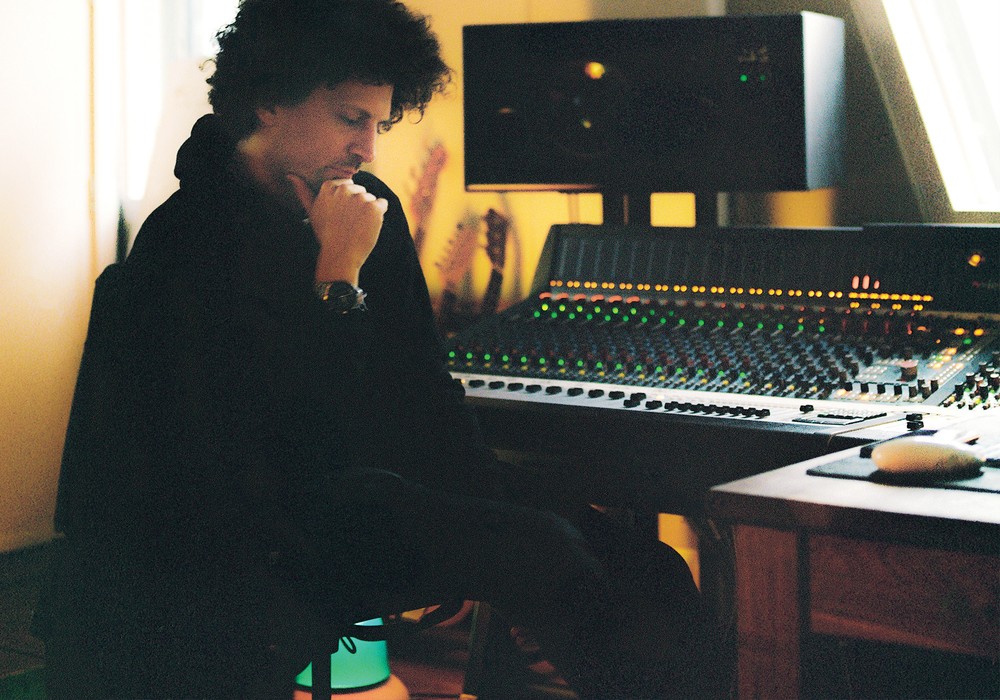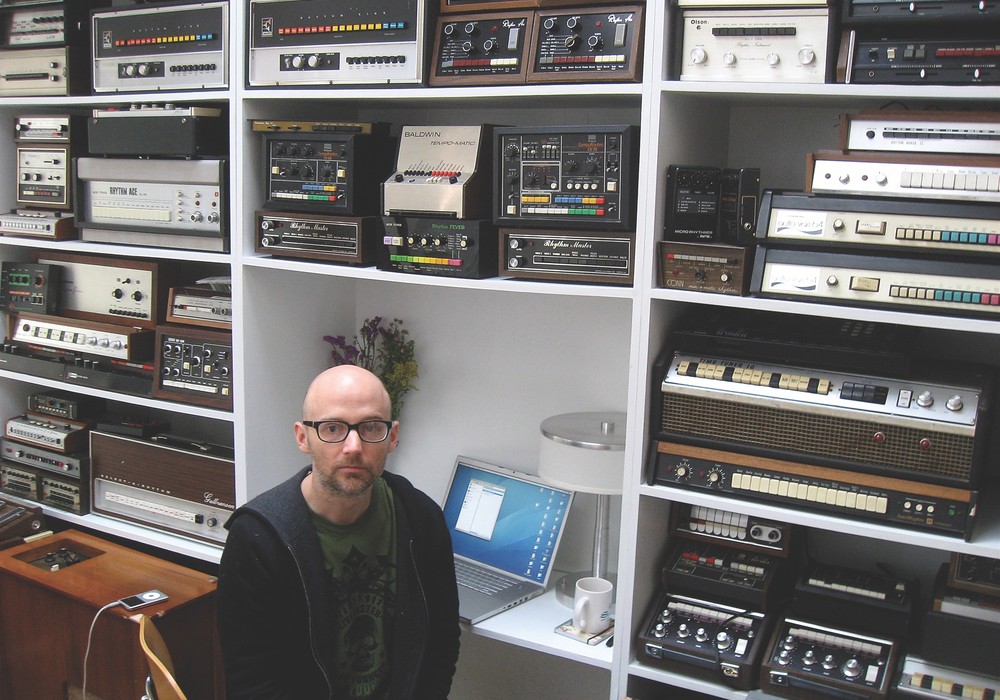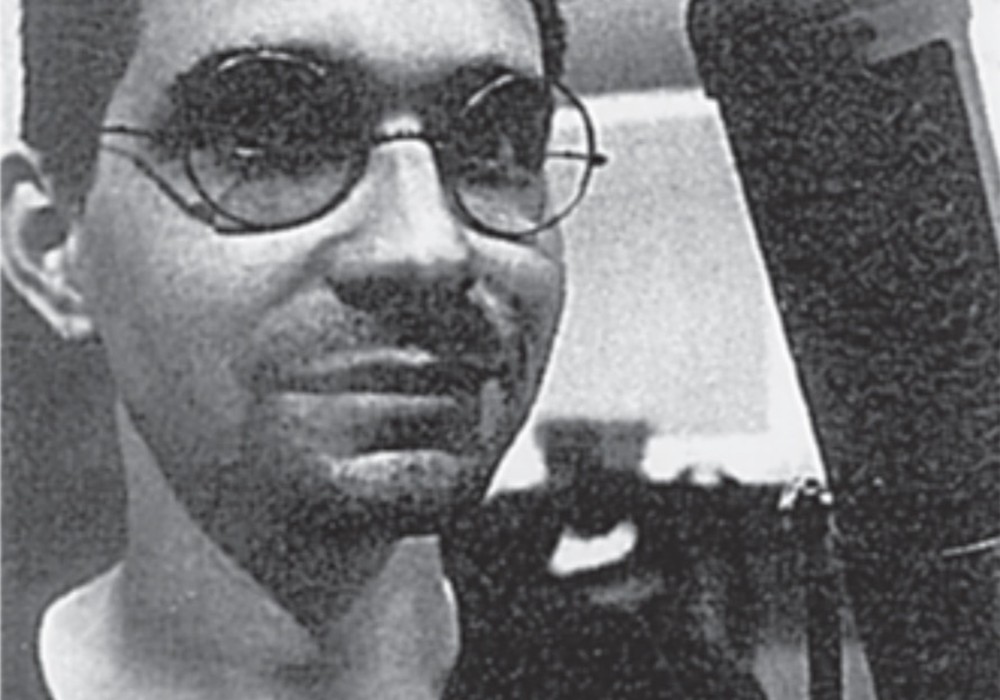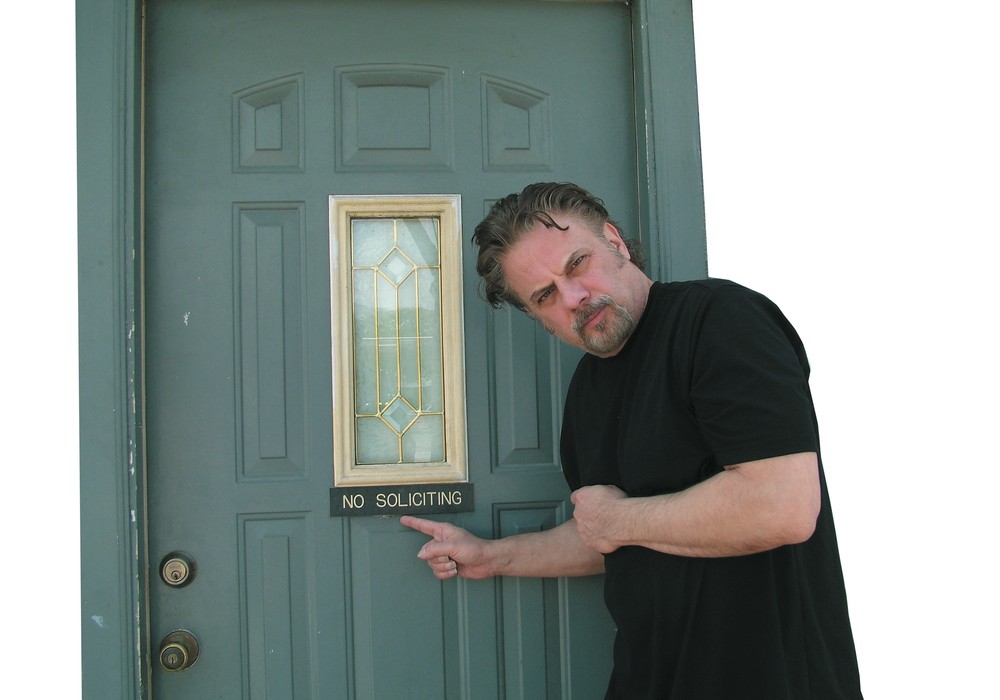The conventional wisdom these days considers analog recorders a luxury of questionable value. For a home recordist just starting out, virtually all-available recorders are digital, whether tape based or hard disk. Even at the professional level, there are only a handful of analog recorders still being produced. When the future studio owner pores through the trade magazines researching (and fantasizing) about his upcoming purchases, it is almost a foregone conclusion that the heart of his new studio, the recorder, will be a digital storage medium. On the rare occurrence that he/she stumbles across an article about analog gear, it is almost always about some legendary vintage model used to record Sinatra, the Beatles or the Singing Nun. This recorder (compressor, mic, console….) was hand built by old European craftsmen, cost a small fortune when new and is now priceless. The reader comes away convinced that analog gear, although desirable, is an unattainable fantasy and that they should place their order for the latest PC based system. Having just completed equipping a new project studio, I would like to offer a few thoughts on why (and how) analog equipment might deserve serious consideration when planning your studio’s gear purchases.
A few caveats are probably in order. My needs were fairly straightforward; I wanted to be able to record live blues, jazz and roots rock bands, I already knew that an 8-track studio would suffice. If your recording needs require at least 48 tracks, extensive sampling and editing abilities and you need it all by Friday, well, you are probably going to have to go digital. But if you are willing to put in a little time seeking out discontinued products and you are primarily interested in recording "traditional" music, you might want to give analog gear some serious consideration.
Another factor not to be overlooked is the need for regular maintenance and occasional repairs. The good news is that older analog gear was built to be repaired, unlike most modern equipment. Factor these expenses into your overall budget when evaluating used gear; in my experience, I still come out far ahead purchasing well-maintained older components.
Analog Recorders — Some of the greatest performance-per-dollar bargains in pro audio include analog open reel recorders. While two inch 24 track machines and _" mixdown decks still command reasonable prices on the used market, most other formats are available for pennies on the dollar. Included among these bargains are one inch 8 track and two inch 16 track recorders, arguably the finest sounding analog recording formats ever manufactured for commercial sale. With 24 tracks having been the standard studio track configuration for a _ century, the 8 track recorders have long been considered obsolete. The 16 track decks command somewhat higher prices but are still viewed as inadequate by most. I’ll spare you the tired stories about the Beatles and others recording their seminal masterpieces on far fewer tracks; suffice it to say that with proper planning, either of these two formats can work practically and efficiently for most types of music. And if the rest of the recording signal chain is up to par, these two formats can record and playback your music with fidelity unsurpassed by any other equipment, analog or digital, at any price. Not bad when you consider that one-inch 8-tracks in good working condition can cost less than the remote control for an ADAT or DA88 system.
I’m not sure how much longer these firesale prices will continue. We’re dealing with a finite quantity of recorders (they ain’t making any more) and demand is starting to creep up. Commercial studios are starting to promote the old MCI 16 track in their basement as offering that "warm analog tone" to a new generation of musicians trying to ride the latest retro fad. And the biggest surprise is the discovery that 8 track decks are ideal for mastering 5.1 format surround recordings. A few enterprising hucksters are starting to ask inflated prices in classified listings and on the auctions sites, but the recorders that actually sell are still going for prices that make them extremely attractive to savvy buyers. I should know better than to toss out likely price estimates, but…… figure $1,500 to $3,500 for one inch 8 track and $4,000 to $6,500 for two inch 16 track decks in "ready to go" condition. Please remember that even the best maintained recorders will need to be adjusted, aligned, biased, etc. prior to putting them into service at your studio. In my opinion, the end result is worth whatever effort it takes.
Interviews | No. 27
New Pornographers: Lo-Budget Canadian pop recording
by Graeme McIntyre
I met John Collins just before the New Pornographers took the stage at Lee's Palace in Toronto. About a week after this interview, the album, Mass Romantic, won a Juno (Canadian Grammy) for Best...
